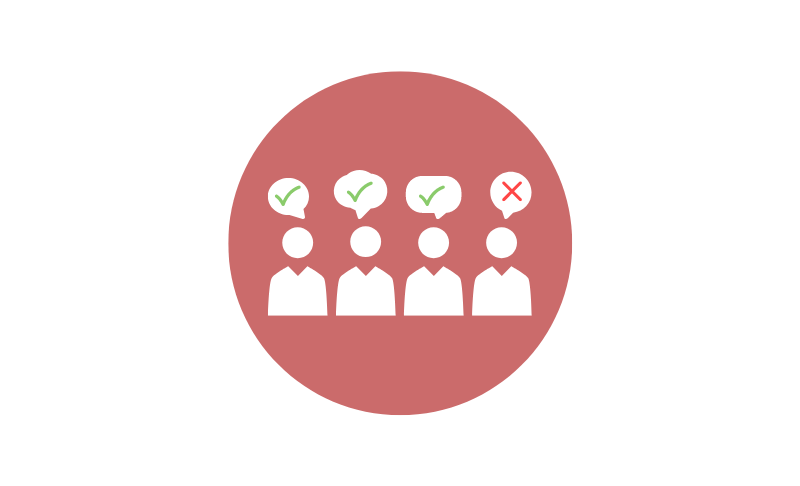Personality Disorder

What is Personality Disorder?
It is unique to each person. Therefore, it is impossible to draw a clear line.
In other words, personality disorders are no more than distinctly normal. It is determined by whether the individual feels distress or friction with those around him or her.
People with personality disorders are characterized by their biased and particularistic ways of thinking and by their inability to be flexible and flexible.
There are three main types of This disease.
Types of Oddball
This type of person has unique values that are difficult for those around him or her to understand.
It is similar to generalized ataxia, and few people seek treatment for it because they are less aware of it.
There are different types of personality disorders. There is Paranoid Personality Disorder, in which the individual is extremely suspicious and distrustful of others; Schizoid Personality Disorder,
in which the individual has no interest in others, goes off on his/her own to solitude, and lacks feelings; and Generalized Ataxic Personality Disorder,
in which the individual deviates from the norm in his/her speech and behavior.
Types of Intense emotional and behavioral
This type of person is very unstable in his/her feelings. It is easy to get into trouble with others because of the dramatic nature that accompanies their actions.
There are more detailed types of personality disorders: antisocial personality disorder,
which causes problematic behavior with no sense of ethics or morality; borderline personality disorder,
which makes people dependent on others and unable to live without them; acting personality disorder,
which makes people think they are tragic heroines and act to stand out; and narcissistic personality disorder,
which makes people boast without caring about others.
Type of strong anxiety feelings
This type of person is unable to get rid of a sense of anxiety or fear, and retreats into his or her own shell. This type is common among Japanese people.
More detailed types include avoidant personality disorder, in which the patient avoids social activities because of aversion to evaluation, criticism,
and shame; dependent personality disorder, in which the patient becomes dependent on others and unable to assert himself or herself at their behest;
and obsessive-compulsive personality disorder, in which the patient is too particular about his or her own needs and demands perfection,
which interferes with his or her life.
If you think you have Personality Disorder..
It is common for personality disorders themselves to develop into other mental illnesses such as depression, although in many cases it is difficult to distinguish which is the illness. If you have any concerns, please visit your local professional institution as soon as possible.


